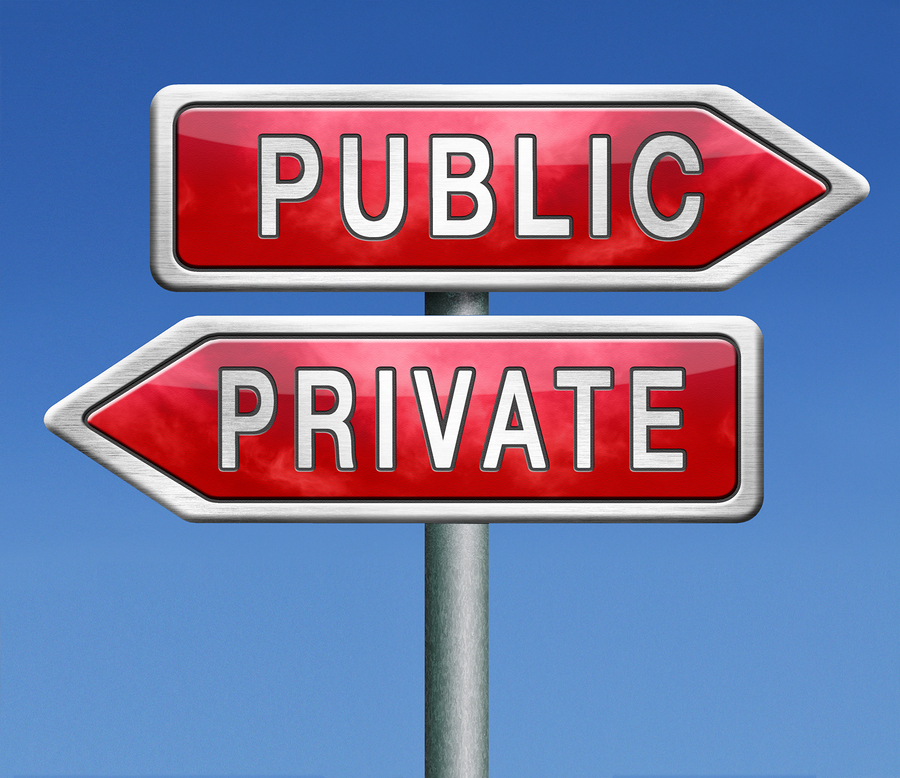It seems an age since I last wrote on the whole issue of Communities of Online Learning (COOLs) and the proposed new regulatory framework for online learning in New Zealand. It is always interesting to look back after so much discussion and engagement has taken place. While these discussions would change one or two minor aspects of that article if I could go back, it wouldn’t change the key intent. We still see COOLs as an opportunity - with one or two caveats attached perhaps. More to come on the later.
We have had time to meet with all of the north island clusters, the Ministry of Education team charged with leading this new initiative and the PPTA. It has also been interesting to see how this issue has played out in the media, social media and through various other networks over this time. There has been some balance brought to the discussion with a number of key people and organisations viewing this as an opportunity. There is still a strong negative perspective coming from a number of quarters though, especially with regard to fears around privatisation. These fears are totally understandable. The government’s track record, rhetoric and implementation of partnership schools in particular, does support a feeling that COOLs is part of a wider agenda. An agenda that is about breaking down the unions, enabling market driven approaches to education and cutting costs. Whether this is all true or not is difficult to know, but I can certainly see how many have drawn these conclusions.
For NetNZ and myself personally, it has been an intense period of thinking and reflection on where we are at and where we are going. It has meant a lot of examination and reflection on what NetNZ represents now and into the future and where we see education going. Whether COOL or not we represent an approach to online learning that has public education at its heart and presents a vision for education in which every school is a provider for each other. Community and sustaining local communities is paramount. What we do doesn’t replace local schools, it sustains them. But we also balance this off with a more entrepreneurial intent which is represented by operating as a limited liability company. This allows us to act as a commercial entity, and in particular to explore the development of revenue streams to benefit the organisation, our schools and ultimately our students.
So we tick a number of boxes when you examine the legislation and demonstrate that public education and private enterprise can work together.
However, the very real shadow of privatisation does linger over this whole thing. And that issue is not as black and white as some make out. There are bodies corporate organisations I can think of who could a lot of good in the online space. Without naming names, they already do a lot of good in supporting education in this country, but do not, or cannot currently act as providers. So allowing that sort of innovation to happen has merit. Opening education up to all and sundry and creating a wild west of online provision does not. Allowing businesses to operate as providers in order to generate profit for individuals does not either. We do not want to see what has happened in the United States with Online Charter School happen here. So how do I reconcile this with both NetNZ’s and my own values and how do we move forward?

Comments
Post a Comment